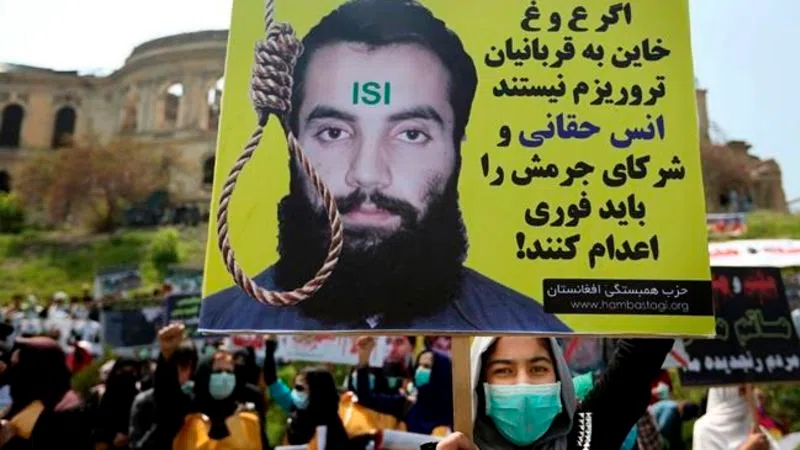
Afghan president: 3 Taliban released for held US, Australian
KABUL — Afghan President Ashraf Ghani on Tuesday announced that his government has released three prominent Taliban figures in an effort to get the insurgents to free two university professors — an American and an Australian — they abducted three years ago.
At a press event broadcast live on state television, Ghani told the nation that the “conditional release” was a very hard decision he felt he had to make in the interest of the Afghan people.
The announcement comes at a sensitive time for Ghani, as President Donald Trump halted talks between the U.S. and the Taliban in September, after a particularly deadly spate of Taliban attacks, including a Kabul suicide bombing that killed a U.S. soldier. Also, the future of Ghani’s government is in doubt as the results from the Sept. 28 presidential elections have not been released yet. Preliminary results are expected on Thursday.
The three members of the Taliban-linked Haqqani network that Ghani said were being released include Anas Haqqani, Haji Mali Khan and Hafiz Rashid. Ghani added that they are being released “conditionally in exchange” for the two professors.
